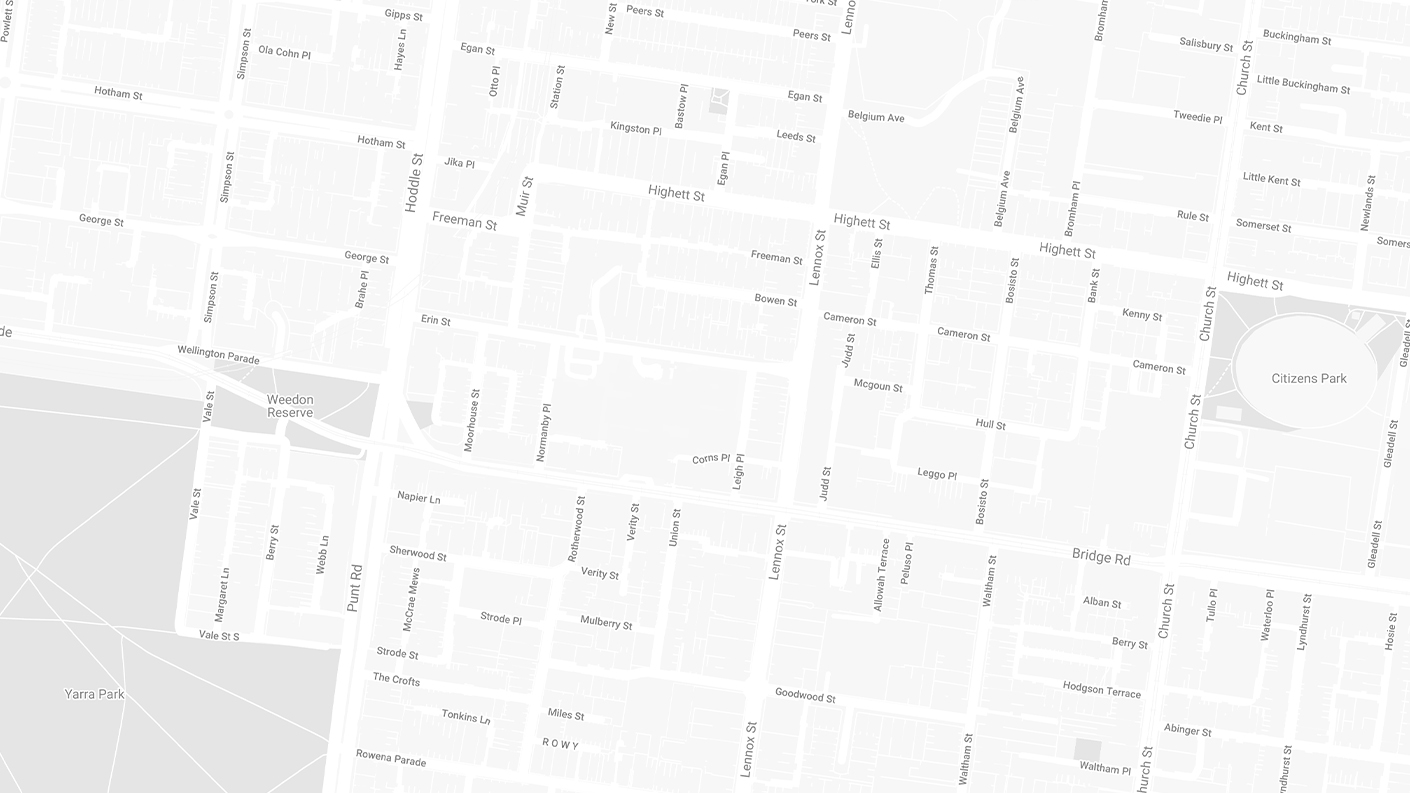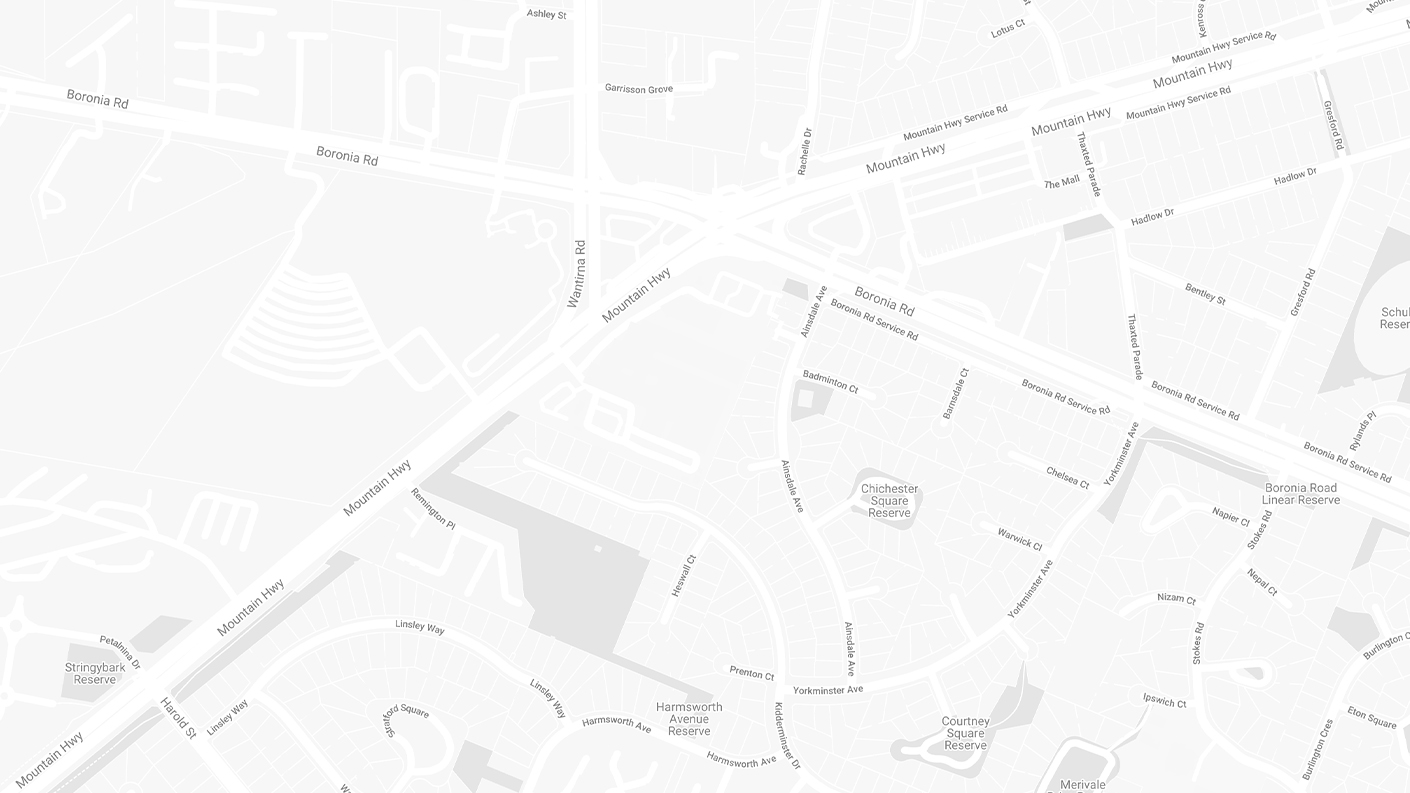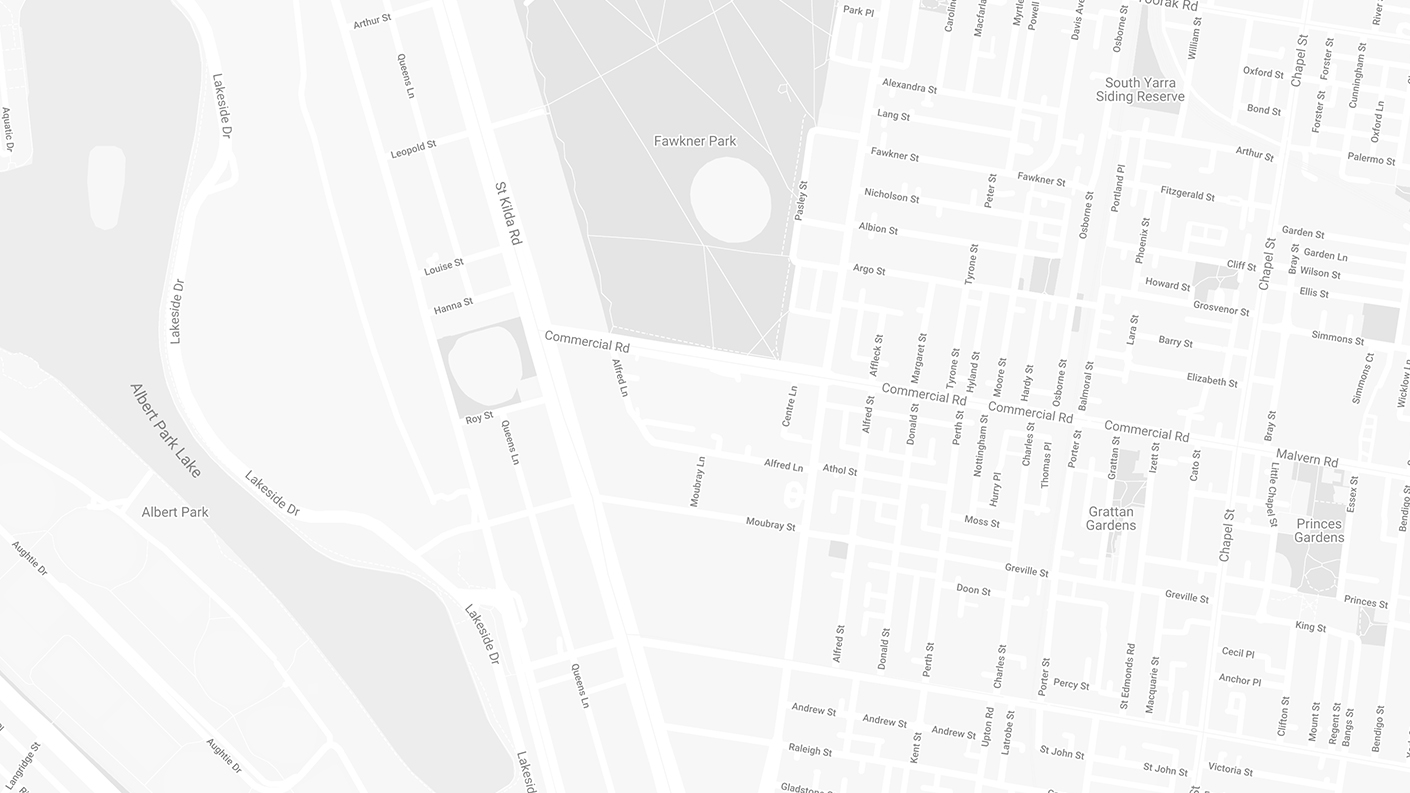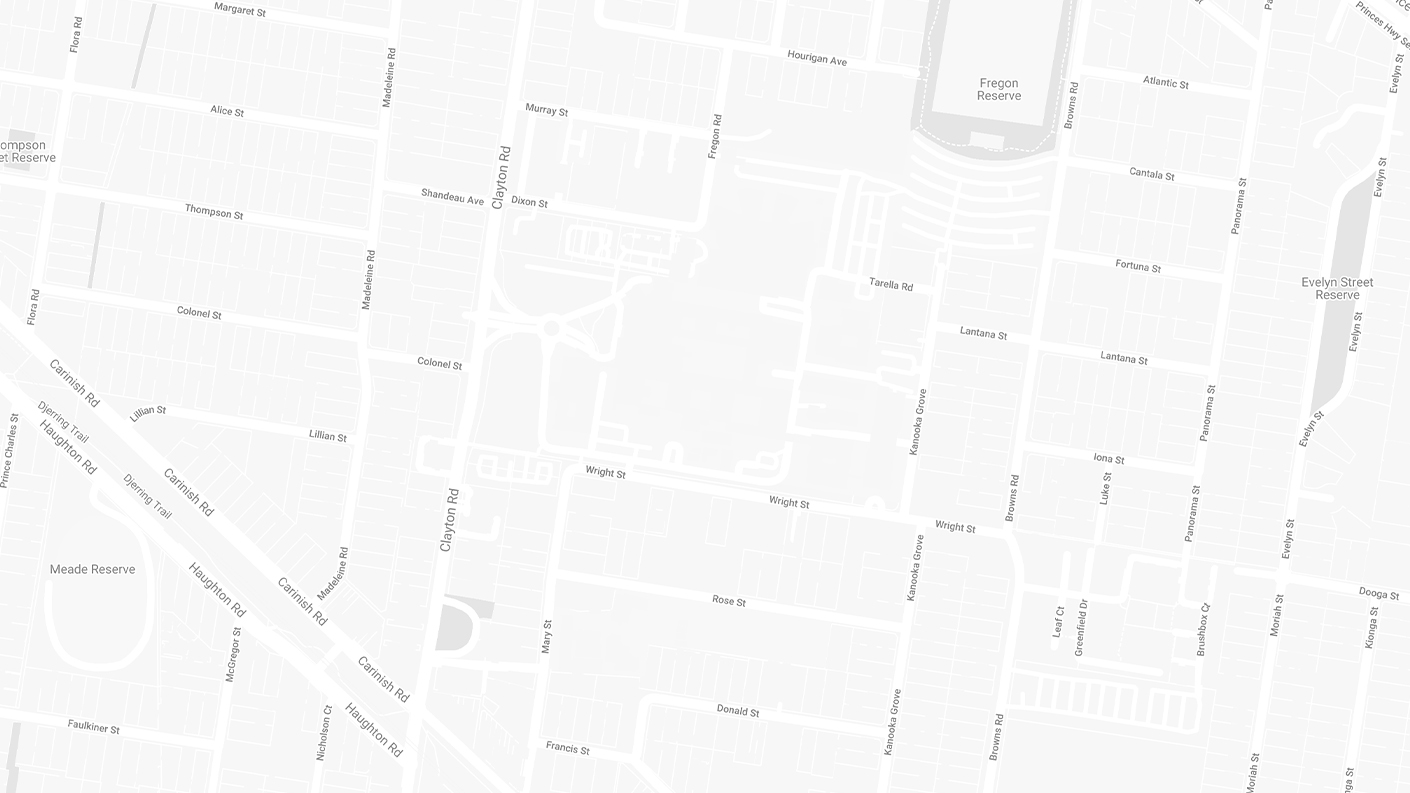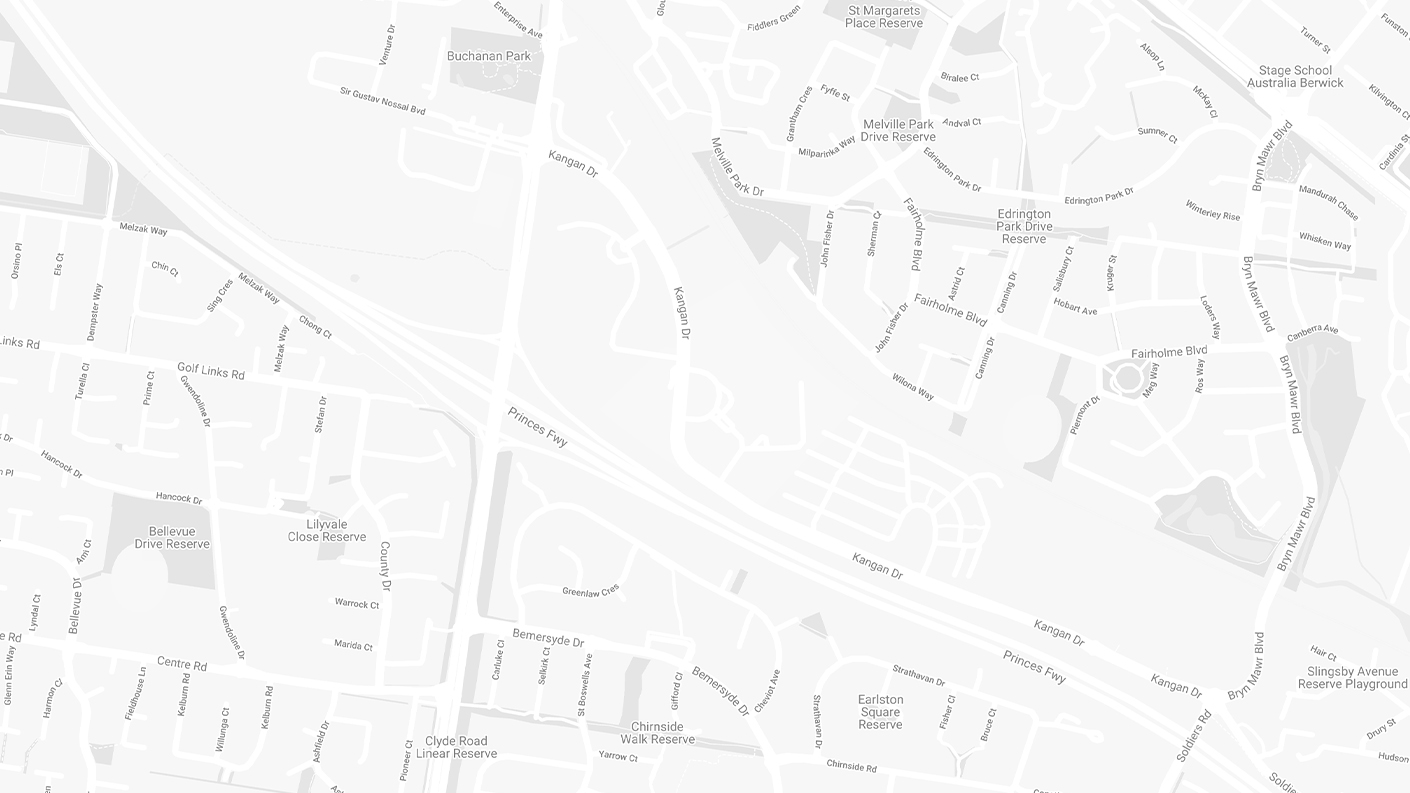
Gallstones often cause pain in the upper right abdomen, as well as some other uncomfortable symptoms.
The gallbladder is located in the upper right abdomen below the liver. The organ stores bile, which is a substance that aids digestion. In some cases, gallstones, which are hard stones, can develop as a result of too much cholesterol in the bile. But how do you know if you have gallstones? And what can you do about the issue? Read on to find out more about gallstones, and how they can be treated…
What are the symptoms?
One of the most common symptoms of gallstones is pain in the upper right abdomen. This pain can flare up when you eat particularly fatty foods, and generally lasts only a few hours at a time. Some of the other possible warning signs of gallstones include nausea, vomiting, unusually dark urine, diarrhea and indigestion.
Although there are some possible symptoms associated with gallstones, it is also possible to have asymptomatic gallstones. In fact, gallstones only cause pain when they are blocking the movement of bile from the gallbladder.
What causes gallstones?
Most gallstones are caused by excess cholesterol in the bile — the stones can develop if the liver produces more cholesterol than the bile can dissolve.
Gallstones can also be caused by liver damage and certain medical conditions, including some blood disorders. Gallbladder dysfunction can also lead to gallstones — if the liver is unable to empty bile as it should, the bile can become too concentrated and lead to the formation of gallstones.
Are there possible complications?
In cases where a gallstone blocks a duct in the gallbladder, issues such as inflammation and infection can occur. When this happens, a condition known as acute cholecystitis can develop. Symptoms associated with the condition include intense stomach and back pain, fever, nausea and vomiting. In some cases, gallbladder surgery may be required to resolve the issue.
Other possible complications of untreated gallstones include jaundice, which causes the skin and eyes to take on a yellow tint; infection of the gallbladder or bile duct; sepsis, which is an infection of the blood; and inflammation of the pancreas. In severe cases, untreated gallstones can lead to gallbladder cancer.
How can we help?
Associate Professor James Lee offers a number of general surgeries, including a few options for gallbladder surgery, which may be recommended for the management of gallstones. If you are suffering from any gallstone symptoms, we encourage you to arrange a consultation with Associate Professor Lee so that he can advise you on the treatment that suits you best.
Some of the gallbladder procedures that Associate Professor Lee offers include keyhole gallbladder surgery and open gallbladder surgery. Keyhole surgery is minimally invasive and involves four very small incisions in the abdomen, while open surgery involves one large incision in the abdomen. At your consultation, Associate Professor Lee will explain the details of each technique to you and address any questions or concerns that you have.
If you would like to find out more about gallbladder surgery and what it involves, please have a look here.
Associate Professor James Lee also offers a number of other general procedures, including hernia, bowel and appendix surgery, as well as various minor procedures. To see the full list of general surgeries that he provides, please have a look here.
He also offers a range of endocrine procedures, including thyroid, parathyroid and adrenal surgery. To find out more about his endocrine services, please have a look here.
To book an appointment, please get in touch here.
CONTACT US
Get in touch

Ask a question or Book an appointment.
Please fill in the online enquiry form to ask a question or book an appointment.
Or call today on (03) 9246 6466
Get in touch
For any enquiries, concerns, or to book a consultation, get in touch with our friendly team. We look forward to hearing from you.
